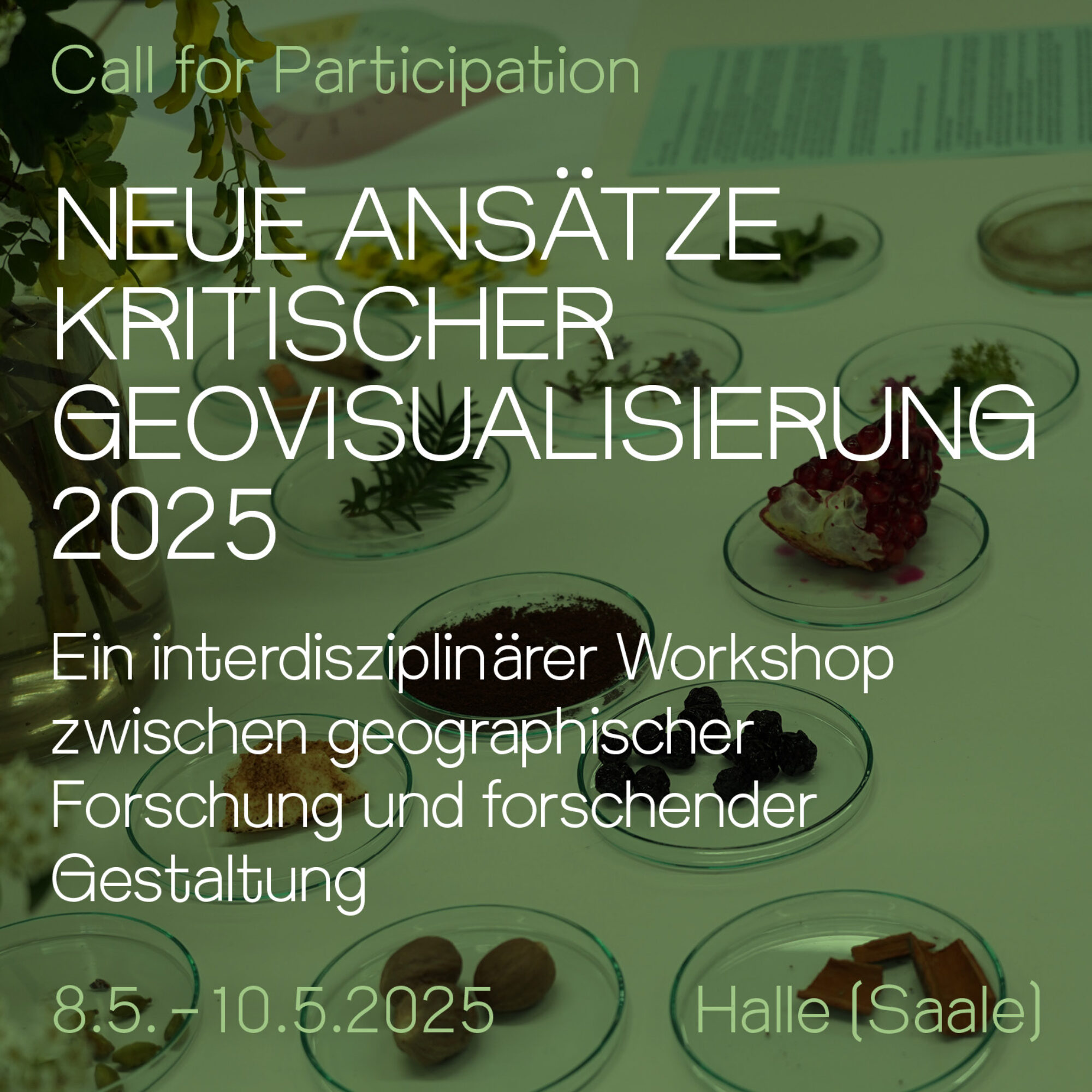New Media & Society
Special Issue
Abstract Deadline: November 1st 2020.
Edited by: Karin Fast (Karlstad University) and Pablo Abend (University of Siegen)
Overview
There has been an increased interest in the process of place-making by means of technology. Spurred by the spatial turn in the humanities and social sciences, and the appearance of new location-aware technologies, the nexus between geography and media came into focus of media and communication studies. While the majority of work within the field of geography and media focus on contemporary developments, this volume wants to address the nexus of geography and media from a historical perspective. Such a perspective serves to counterbalance dominant discourses – produced not least by ICT companies and policy makers but also by academics – about the “revolutionary” traits of new location-aware media.
The objects of study are geomedia (e.g. Thielmann, 2010; Lapenta, 2011; McQuire, 2016; Abend, 2017; Fast et al, 2018). The term is used for a wide variety of phenomena in many contexts. In geography and adjacent fields, for example, geomedia refers dominantly to visual media used to communicate geographic knowledge about the earth like (digital) maps and globes. Within media and communication studies a wider definition has been developed. Here, geomedia qualifies as an umbrella term used for assemblages of technologies, processes, operations and practices that socio-technologically reorganize our encounter with space and place (Döring/Thielmann, 2009). This includes localizing technologies, augmented-reality applications and data practices.
In addition, geomedia can be used as a concept for describing the state which media is currently entering. Seen this way, geomedia is not referring to a bundle of specific types of media, but rather serves as a label for the particular condition(s) brought about by location-aware and location-based technologies in interplay with wider social, economic, cultural or political trends. Certain trajectories such as convergence, ubiquity, location-awareness, and real-time feedback can be followed, with geomedia sitting at the intersection of these developments (McQuire, 2016). Therefore, the volume is interested in investigations into the starting points of these trajectories.
With this in mind, geomedia can be understood in the double sense of media that is situated – its use being bound to a specific place – and media that situates – producing and altering space and place. In order to account for this productive dimension of geomedia, one has to move away from the representational qualities of media and attend to its placemaking powers. Space gets continually socio-technically re-organized through processes of mediatization. But this re-organization is not only the work of circulating representations of space – e.g. in the sense of a power of maps. It is also, and perhaps to an even greater extent, the result of our concrete interactions with technology. Technology is not only a tool to discover and understand the world, but also a productive force that is granted a certain agency in the production of space and the making of place. Methodologically, this can be translated into a call to de-center the media by looking at the practices and operations surrounding geomedia technologies rather than concentrate on representations, since representations are not the start but an intermediate outcome of these processes. This poses additional challenges for historical research. The volume welcomes research that engages in questions pertaining to geomedia histories, such as, for example:
- What is the historical backdrop of today’s place-aware geomedia technologies?
- What are the historical equivalents to contemporary geomedia affordances?
- Where can we look for the starting points of various socio-technological trajectories that are constitutive of today’s geomedia condition (e.g. convergence, ubiquity, location-awareness, real-time feedback, etc.)?
- How can we trace past geomedia uses and practices?
- Who were the “early adopters” of geomedia?
- How can we account for past changes in power structures introduced or sustained by geomedia?
- Who were the early geomedia producers, advocates or stakeholders? (e.g. foundational industries, authorities, organizations, etc.).
If you have any other perspectives on geomedia histories, share them with us in your paper proposal.
References
Abend, P. (2017). From map reading to geobrowsing: Methodological reconsiderations for geomedia. In Felgenhauer, T. & Gäbler, K. (Eds.). Geographies of Digital Culture. Abingdon, Oxon: Routledge.
Döring, J., Thielmann, T. (Eds.) (2009). Mediengeographie: Theorie – Analyse – Diskussion. Bielefeld: transcript.
Fast, K., Jansson, A., Lindell, J., Bengtsson, L.R. & Tesfahuney, M. (Eds.) (2018). Geomedia Studies: Spaces and Mobilities in Mediatized Worlds. London: Routledge.
Lapenta, F. (2011). Geomedia: on location-based media, the changing status of collective image production and the emergence of social navigation systems. Visual Studies, 26(1), 14-24.
McQuire, S. (2016). Geomedia: Networked Cities and the Future of Public Space. Cambridge, UK: Polity.
Thielmann, T. (2010). Locative media and mediated localities. Aether: The Journal of Media Geography, 5(1), 1-17.
Research Areas
We welcome contributions by scholars of Science and Technology Studies, Media and Communication Studies, History of Computing, Media History, Communication Geography, Media Geography, Geomedia Studies, or from adjacent fields of research.
Deadlines and contact information
Please send your abstract (maximum 250 words) and a short biographical note (maximum 50 words) to karin.fast@kau.se and pablo.abend@uni-siegen.de until November 1st, 2020. Based on the abstracts, the editors will pre-select authors that will be invited to submit a full paper. The first drafts of the full manuscripts are due on May 31st, 2021. All full papers will be double-blind peer reviewed, which means that we cannot guarantee that your paper gets accepted even if your abstract is.
Contact (corresponding editor)
Karin Fast (PhD)
Associate Professor in Media and Communication Studies
Department of Geography, Media and Communication
Karlstad University
Sweden
Karin.fast@kau.se
